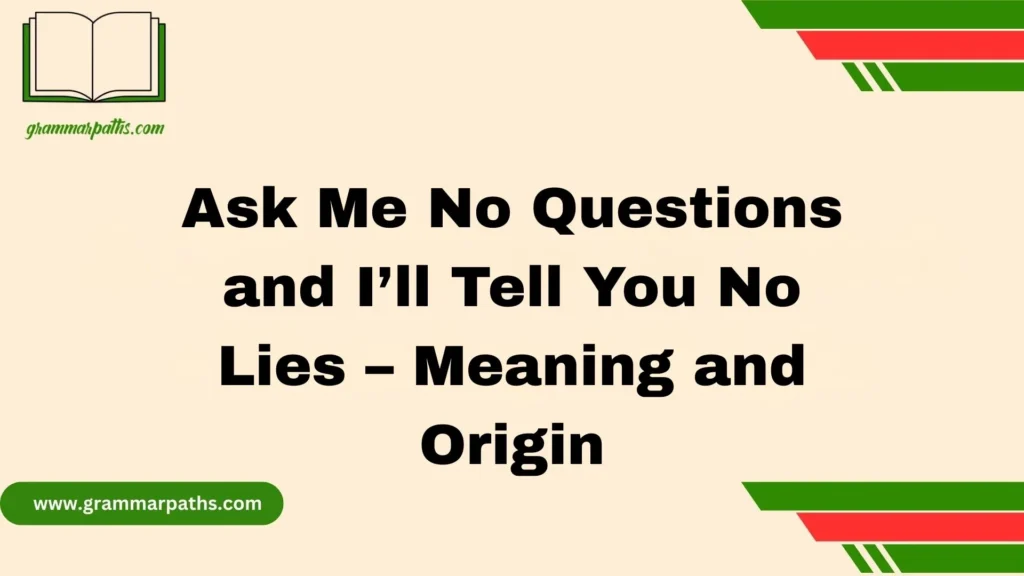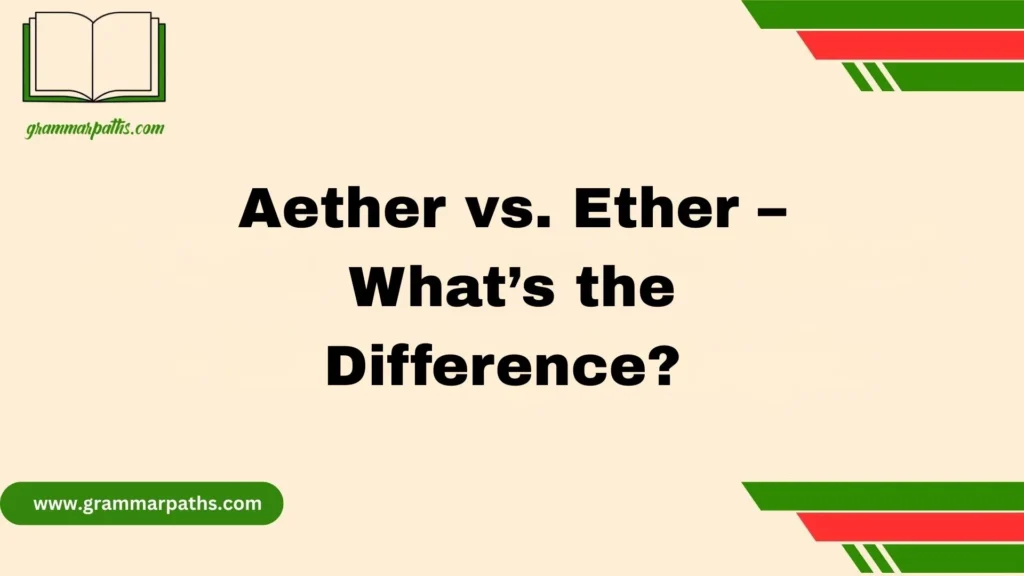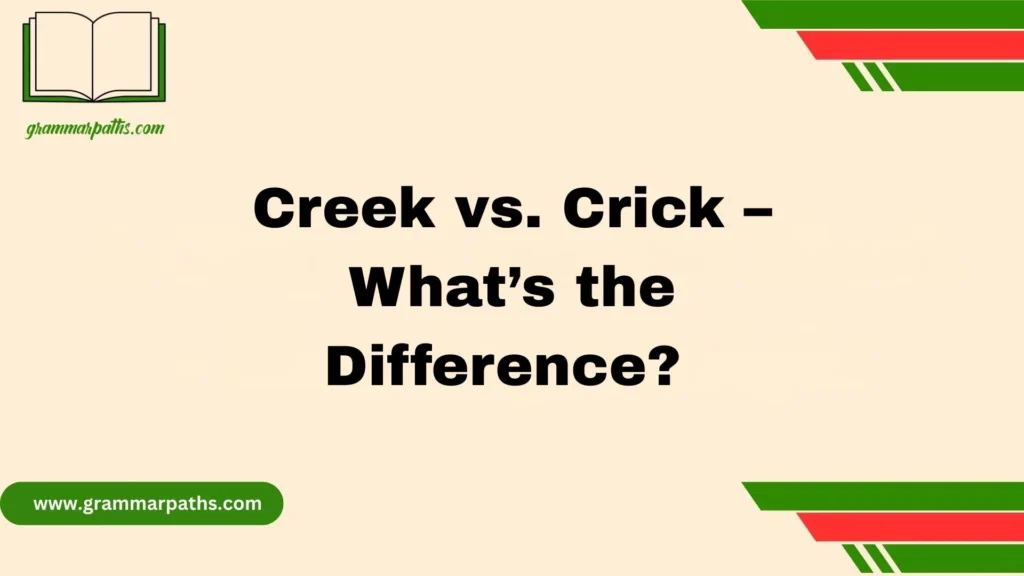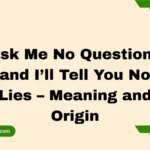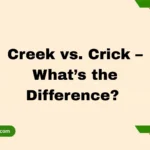Foolproof or Fullproof – What’s the Difference?
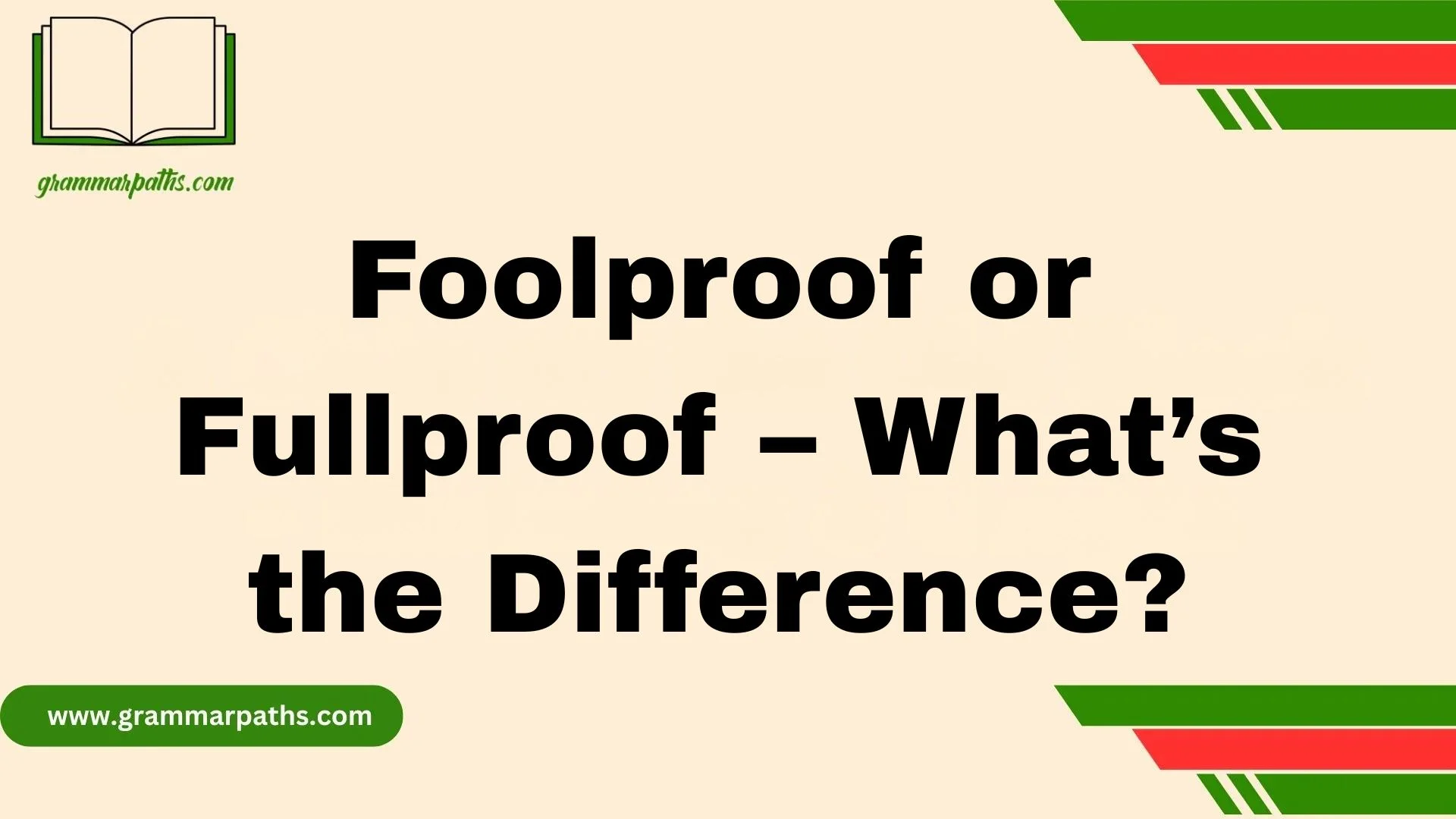
The confusion between foolproof and fullproof is something many native English speakers still face, especially when writing important documents like ...
Read more
Of Course or Ofcourse: Which One Should You Use??

Many English learners often wonder why “ofcourse” isn’t accepted in formal writing, especially when it’s used so often online. This ...
Read more
Patron vs. Benefactor: What’s the Real Difference, Really?
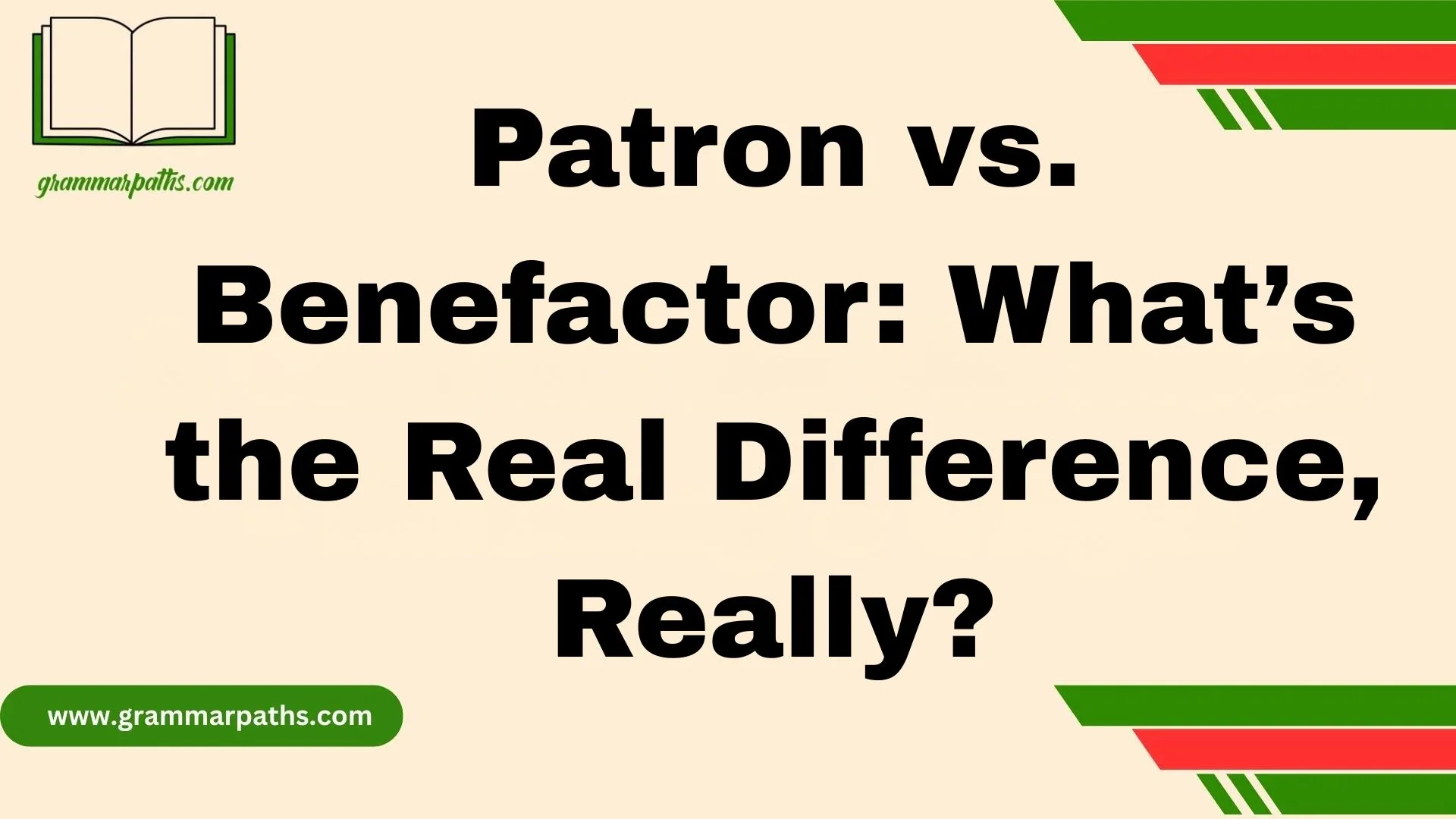
Looking at history, it’s clear that both patrons and benefactors have shaped entire civilisations in powerful ways. Take the Medici ...
Read more
24 Hours Notice or 24 Hour’s Notice or 24 Hours’ Notice?
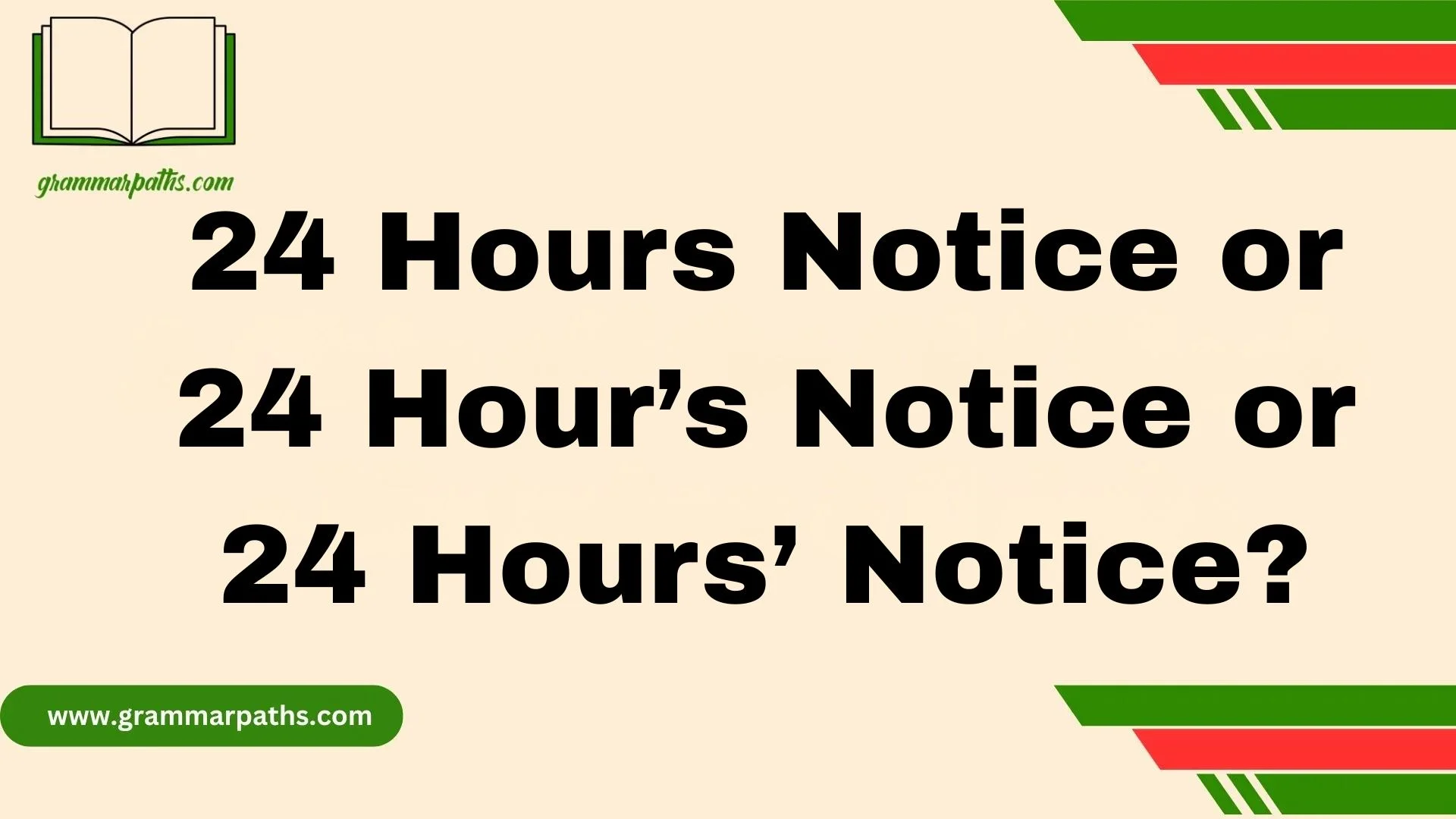
The phrase “24 Hours Notice or 24 Hour’s Notice or 24 Hours’ Notice?” shows up a lot in company policies ...
Read more
Run Like the Wind – Meaning, Origins, Examples & Modern Use

Some people instantly associate the phrase Run Like the Wind with incredible speed, but there’s a deeper layer to its ...
Read more
A Piece of Work – Meaning, Usage, and Cultural Implications
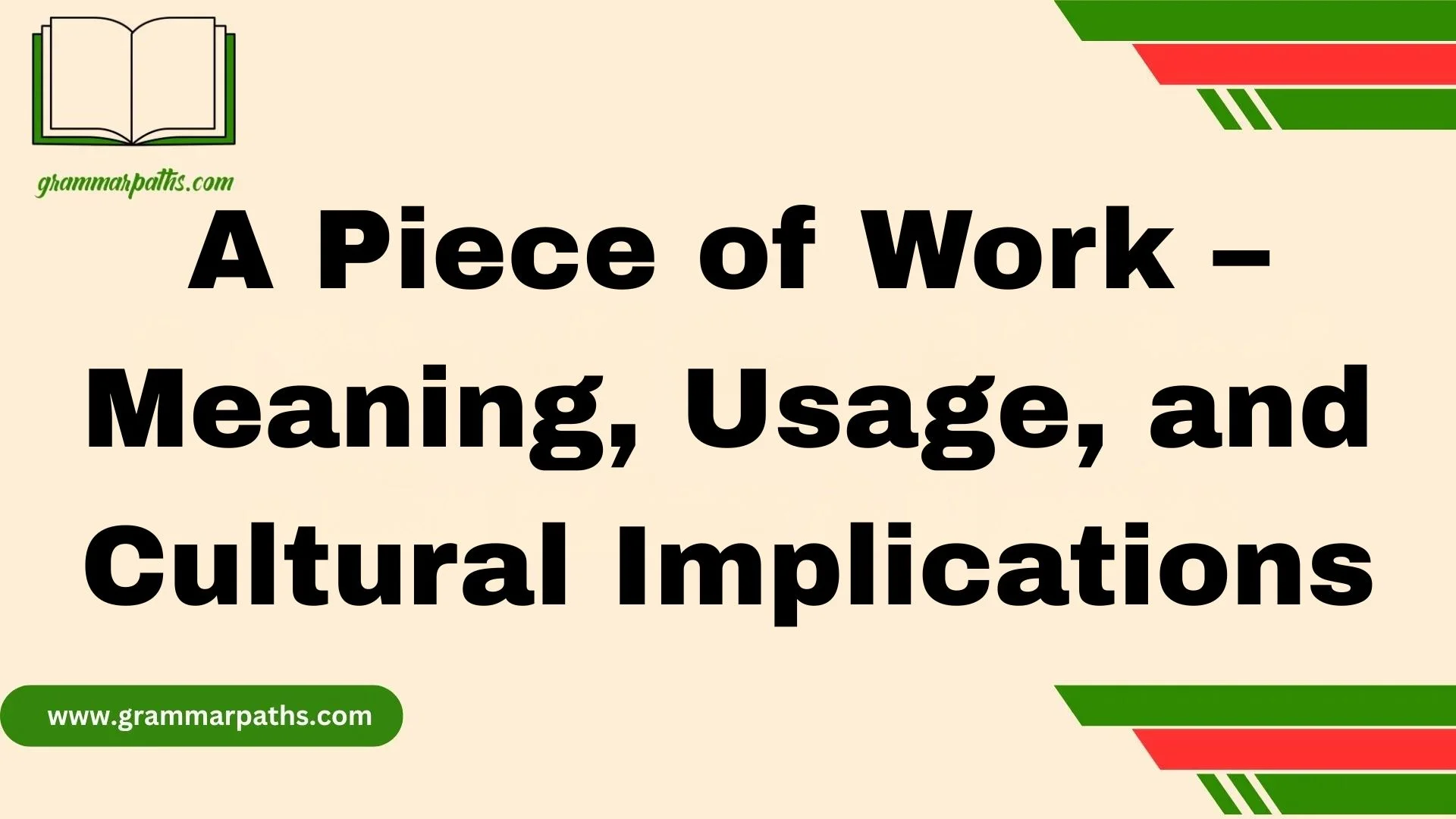
When I first heard the English idiom “a piece of work,” I thought it was a simple compliment. But, wow, ...
Read more
Aging vs Ageing: What’s the Real Difference
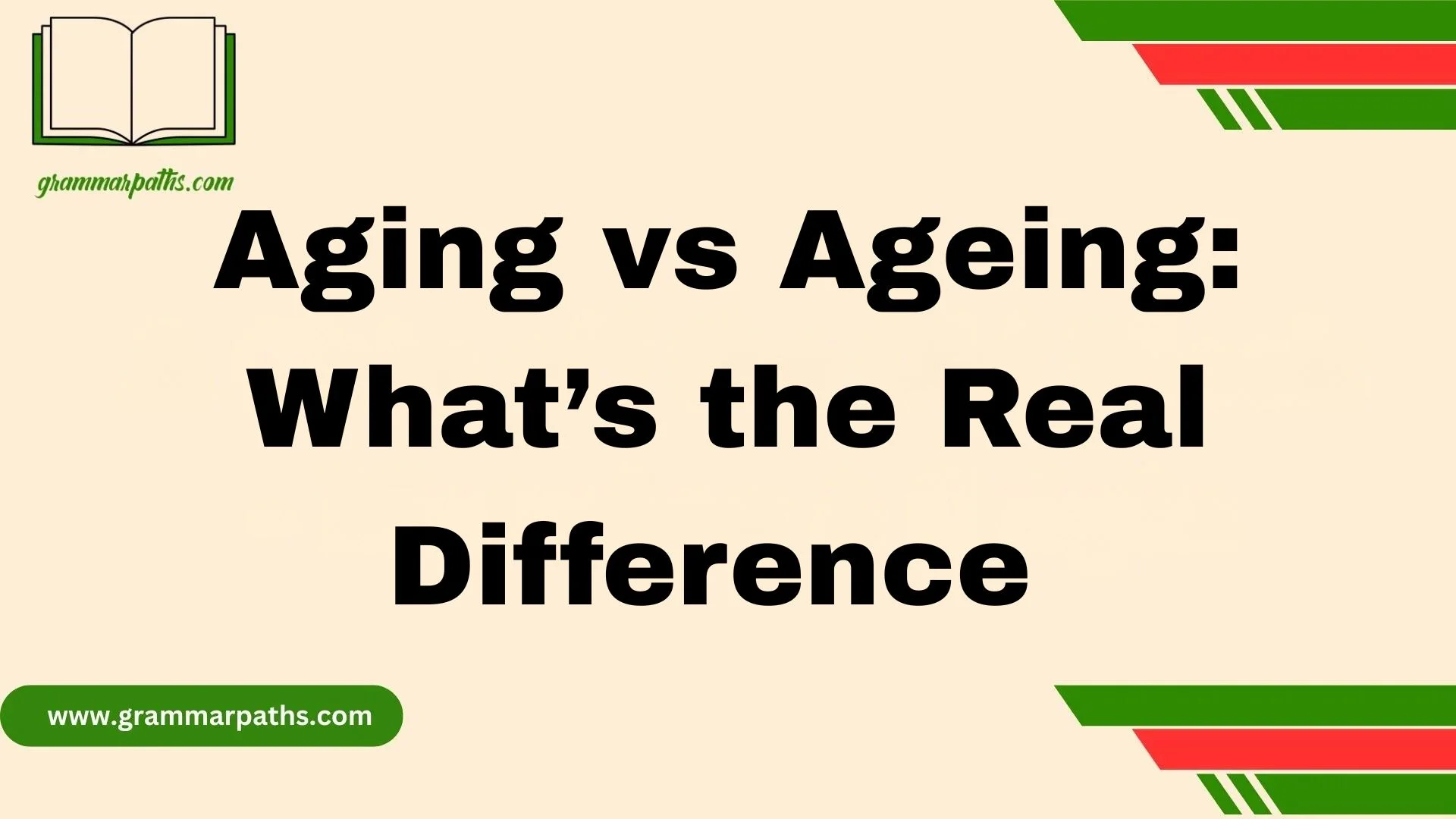
When I first noticed the variation between Ageing and Aging, it struck me how regional preferences can shape even simple ...
Read more
Stick a Fork in It – Meaning, Origins, and Modern Use
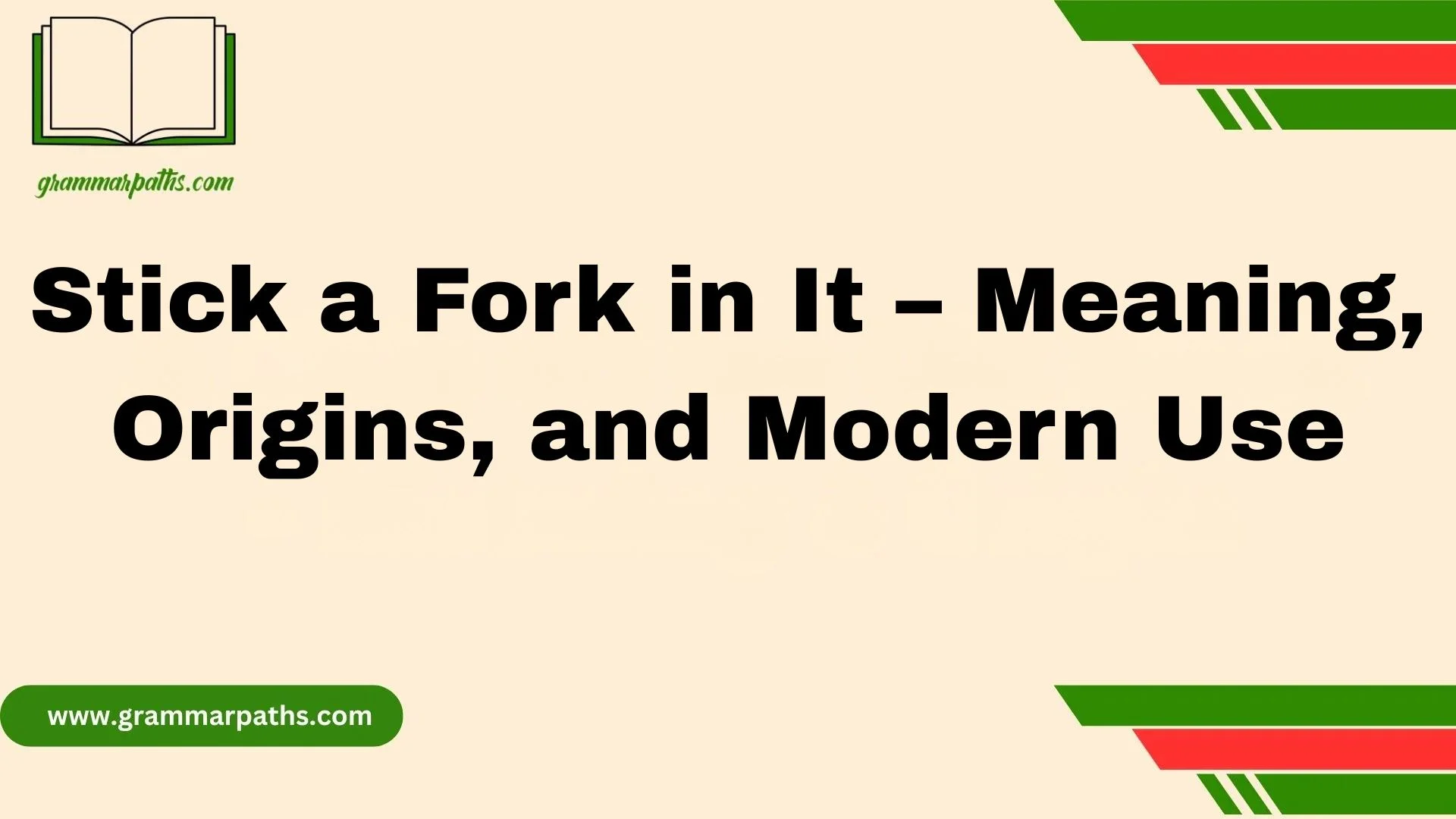
When I hear someone say, “Stick a Fork in it,” I immediately think of that feeling you get when a ...
Read more
“Having” vs. “Having Had” – Meaning, Usage & Real Examples
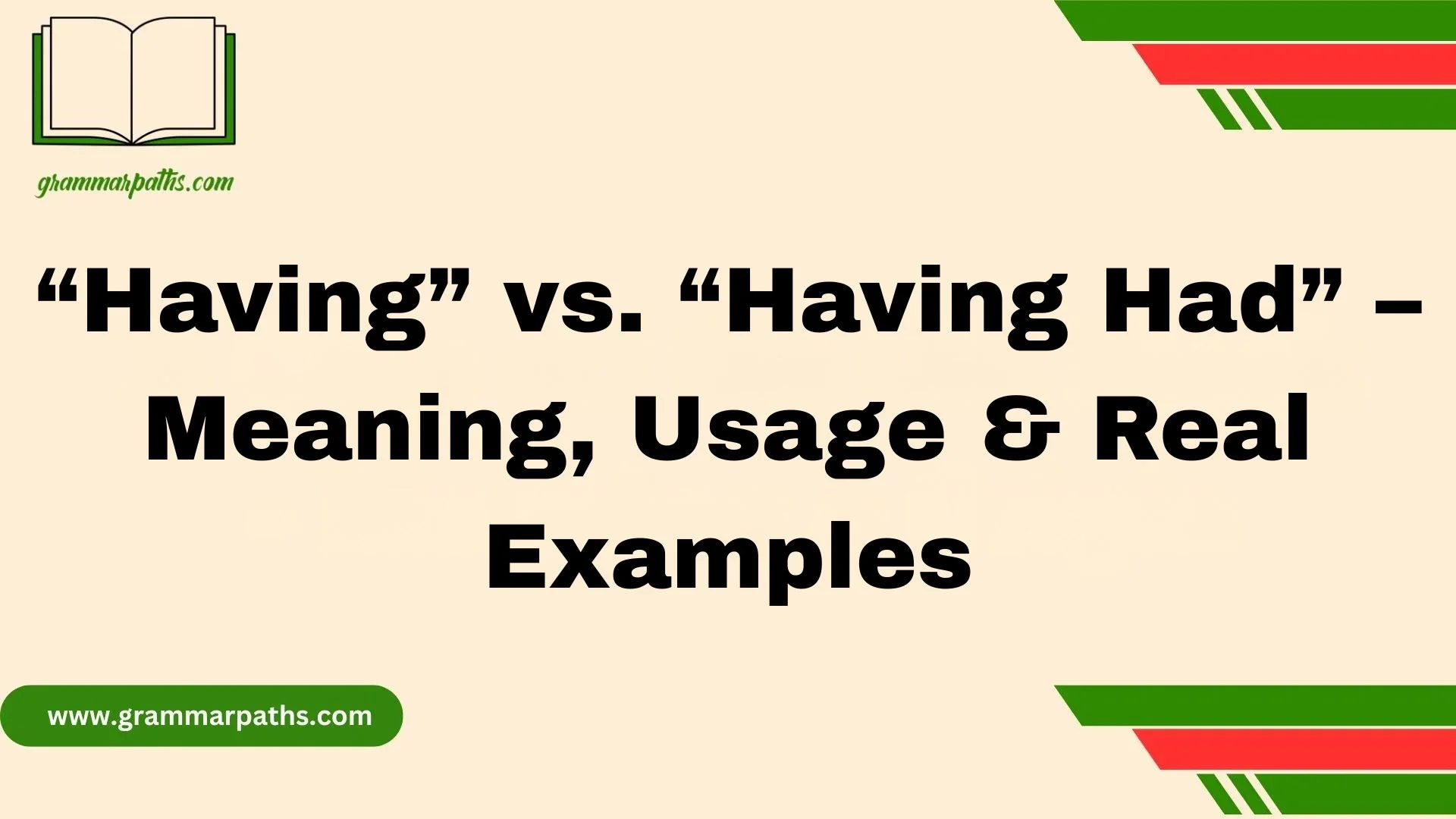
In the world of English grammar, Having vs. Having Had – Usage & Grammar matters when showing one action is ...
Read more
Do I Need Quotation Marks When I Quote Myself?

As a writer, I often revisit an earlier post and rediscover a phrase that still resonates. In those moments, I ...
Read more
